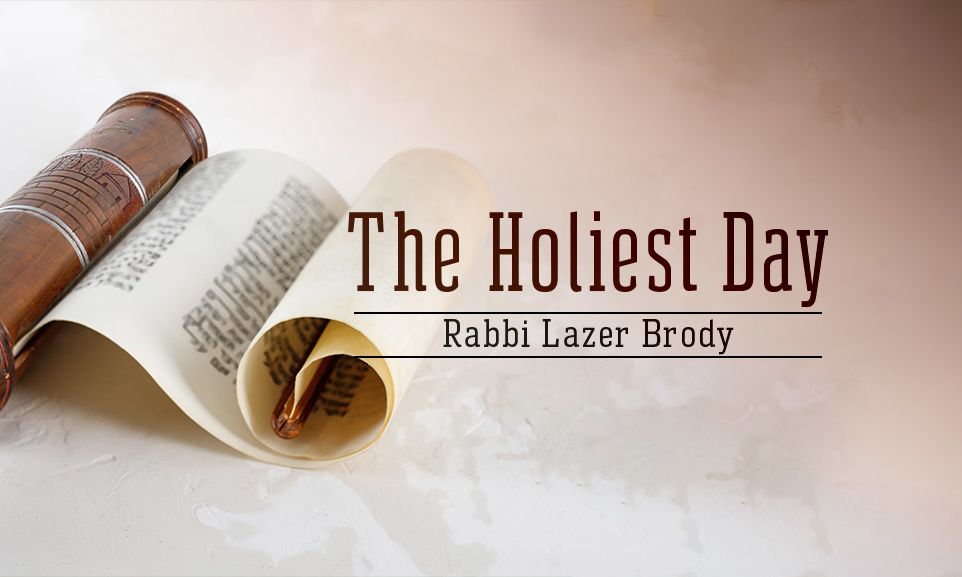
The Holiest Day
What would you think is the holiest day of the year? Yom Kippur? Shavuot? Amazingly enough, Purim surpasses both; it’s a day when you can change your life dramatically…

Rebbe Natan of Breslev teaches us that the illumination of miracles from the very first celebration of Purim in the time of Esther and Mordechai in Persia renews itself every single year. We can therefore readily see miracles this time of the year. Rebbe Natan also says that Purim is the beginning of all beginnings, and in essence, the holiest day of the year (see Likutei Halachot, Birkat Hoda’a, 4).
Let’s elaborate on the above principle:
Rabbi Shalom Arush says that Purim is not only the holiest day of the year, but it’s the beginning of our final redemption. Here’s how:
Some people say that Shavuot is the holiest day of the year, when Hashem revealed Himself on Mount Sinai to grant the Torah to the Children of Israel. Yet, the Gemara (see tractate Avoda Zara 2b) says that the Children of Israel on Mount Sinai forcibly received the Torah. Yet on Purim, the Jews made teshuva out of love and willfully renewed their commitment to Torah, as the Megillat Esther testifies in chapter 9, verse 27. As such, Purim is spiritually superior to Shavuot.
Many other people say that Yom Kippur is the holiest day of the year. Yet, on Yom Kippur, everyone does teshuva out of fear and awe of the High Holidays and the life-and-death annual judgment. The Gemara (see tractate Yoma 86a) teaches that teshuva resulting from the fear of punishment can mitigate a harsh judgment, reducing a willful transgression to the level of an accidental transgression. On the other hand, the joy of Purim invokes teshuva out of love. The same aforementioned Gemara states that teshuva out of love converts outright transgressions into mitzvot!
Furthermore, on Yom Kippur, we confess and make penitence on a long list of specific sins. Purim has the power to strengthen our emuna by destroying the spiritual force of heresy, which is known as Klipat Haman Amalek. Since heresy and lack of emuna comprise the root of all sin, Purim therefore uproots the core cause of sin. In that respect, Purim is spiritually superior to Yom Kippur.
Klipat Haman Amalek
Klipat Haman Amalek is the opposite of holiness and emuna, in other words, heresy and spiritual contamination. Even so, Klipat Haman Amalek does not try to convince a person that there’s no G-d in the universe, because few would fall into such a crass trap. Indeed, according to an amazing principle that Rabbi Arush taught me, Klipat Haman Amalek creates doubt in the principle of emuna that everything Hashem does is precision Divine Providence tailor-made for the individual and for his or her ultimate good. Here are a few of the ramifications of Klipat Haman Amalek on a practical basis:
- As soon as anyone harbors the feeling that some aspect of his or her life is not good, he or she has absorbed Klipat Haman Amalek to some extent.
- As soon as a person is not happy, Klipat Haman Amalek is in his midst.
- As soon as a person is not satisfied with his lot in life, Klipat Haman Amalek has enveloped his heart.
- As soon as a person complains about anything or is bitter about a setback or difficulty in life, it’s a sign that Klipat Haman Amalek has penetrated his heart.
- As soon as a person is sad or depressed, it’s a sign that Klipat Haman Amalek has totally overcome him.
Adam and Haman
The Gemara says (tractate Chulin 139b) that Haman is mentioned in the Torah. On face value, this sounds weird! The Gemara says המן העץ hamin ha’eytz (Genesis 3:11) is a reference to Haman. In Hebrew, it’s ה-מ-ן (hay-mem-nun) just like one spells “Haman”, but it has a total different meaning, referring to the forbidden tree that Adam ate from. What on earth does Adam’s forbidden tree have to do with Haman?
For years, I never understood the above Gemara. Finally a few weeks ago, my beloved rabbi and teacher Rav Shalom Arush, may Hashem bless him always, clarified it for me in an amazingly simple manner, as follows:
Haman was the Achashverosh’s vizier, who in effect wielded the real power over the Persian Empire, which ruled over 127 countries. No one in history had the 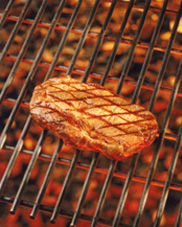 money, power, and prestige that Haman had, and no one will until Mashiach comes. Haman had whatever physical amenities he wanted whenever he wanted. He had over 200 sons. The whole world bowed down to him. Yet, as soon as one old Jew named Mordechai refused to bow down to him, Haman declares a national emergency, gathers the security council, and makes an urgent petition to the United Nations, declaring (Esther 5:13), “Nothing is worth anything to me as soon as I see Mordechai the Jew!” Haman is blind to his millions of blessings, and loses heart as soon as the slightest thing in life doesn’t go the way he wants it to go.
money, power, and prestige that Haman had, and no one will until Mashiach comes. Haman had whatever physical amenities he wanted whenever he wanted. He had over 200 sons. The whole world bowed down to him. Yet, as soon as one old Jew named Mordechai refused to bow down to him, Haman declares a national emergency, gathers the security council, and makes an urgent petition to the United Nations, declaring (Esther 5:13), “Nothing is worth anything to me as soon as I see Mordechai the Jew!” Haman is blind to his millions of blessings, and loses heart as soon as the slightest thing in life doesn’t go the way he wants it to go.
 money, power, and prestige that Haman had, and no one will until Mashiach comes. Haman had whatever physical amenities he wanted whenever he wanted. He had over 200 sons. The whole world bowed down to him. Yet, as soon as one old Jew named Mordechai refused to bow down to him, Haman declares a national emergency, gathers the security council, and makes an urgent petition to the United Nations, declaring (Esther 5:13), “Nothing is worth anything to me as soon as I see Mordechai the Jew!” Haman is blind to his millions of blessings, and loses heart as soon as the slightest thing in life doesn’t go the way he wants it to go.
money, power, and prestige that Haman had, and no one will until Mashiach comes. Haman had whatever physical amenities he wanted whenever he wanted. He had over 200 sons. The whole world bowed down to him. Yet, as soon as one old Jew named Mordechai refused to bow down to him, Haman declares a national emergency, gathers the security council, and makes an urgent petition to the United Nations, declaring (Esther 5:13), “Nothing is worth anything to me as soon as I see Mordechai the Jew!” Haman is blind to his millions of blessings, and loses heart as soon as the slightest thing in life doesn’t go the way he wants it to go.Adam was the same way. Hashem gave him the entire world. He could do whatever he wanted. He could eat pineapple from Maui, drink coffee from Colombia, or enjoy smoked salmon from Alaska. He could ski in the Alps or sunbathe in Tahiti. If that’s not enough, the archangels would roast lamb chops on the grill for him and serve him the finest wine (Sanhedrin 59b). All Hashem asked is that Adam refrain from eating the fruit of one little tree in the Garden of Eden. Adam wasn’t satisfied with his lot in life and ever-too-easily allowed himself to be convinced to eat the forbidden fruit.
In that way, Rav Shalom explained to me, Adam was the Torah’s forerunner of Haman. Both received the entire world on a silver platter, and both were dissatisfied. This is the Klipat Haman Amalek that gnaws away at our happiness and erodes our emuna, G-d forbid.
When we rejoice on Purim, we not only put another nail in Amalek’s coffin but we destroy the Klipat Haman Amalek. By doing so, we destroy the root of all sin – lack of emuna. This enables us to have a chametz-free Pesach and a sin-free year, amen!


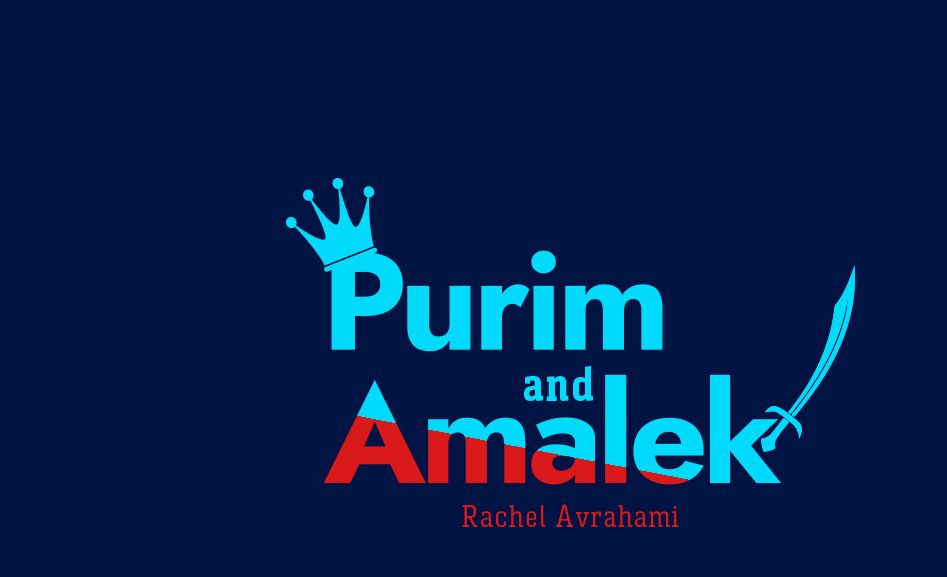

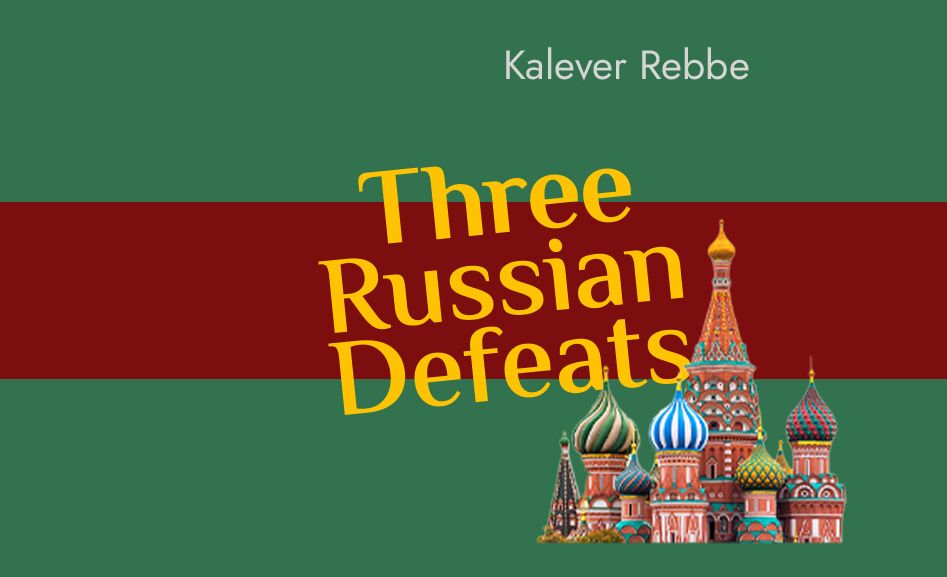
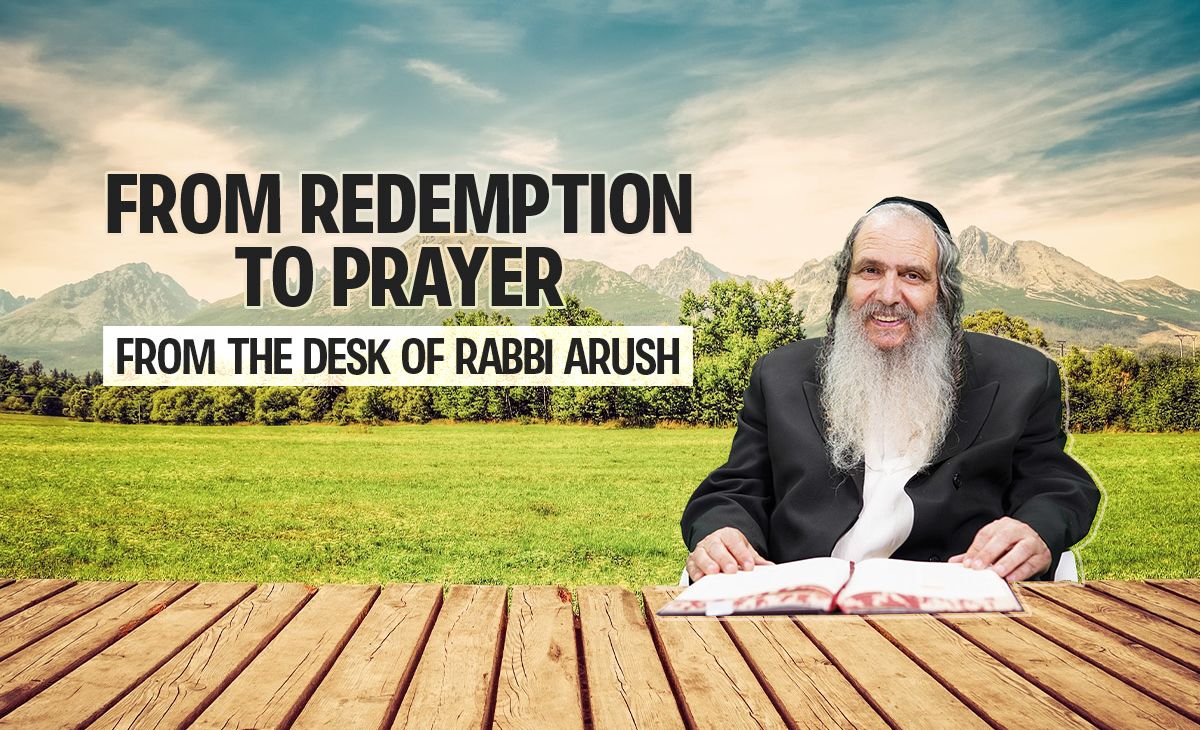

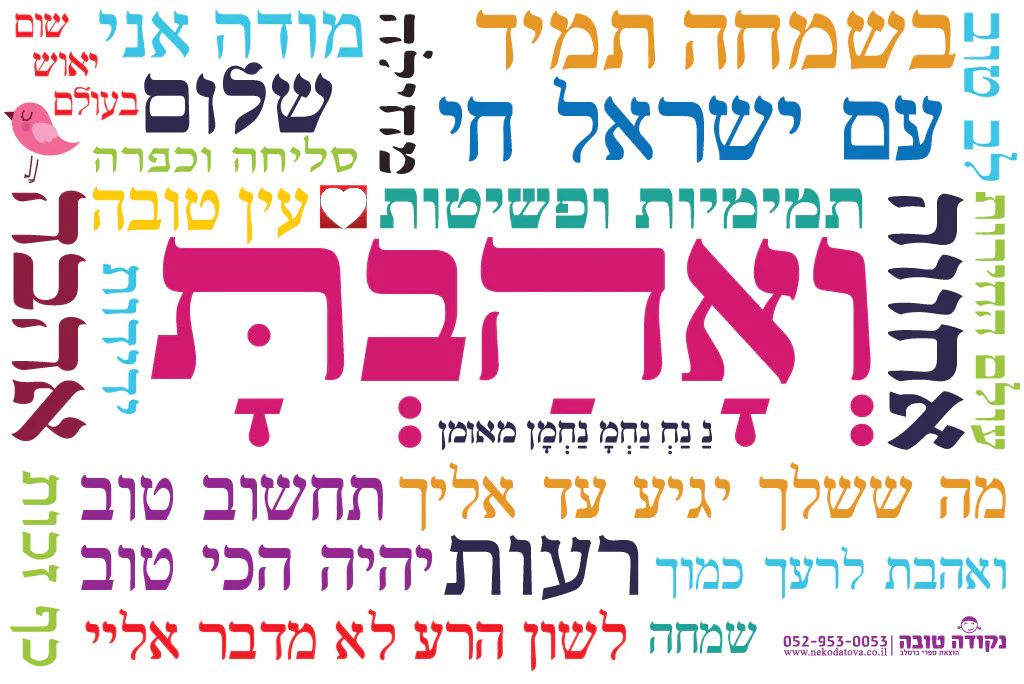
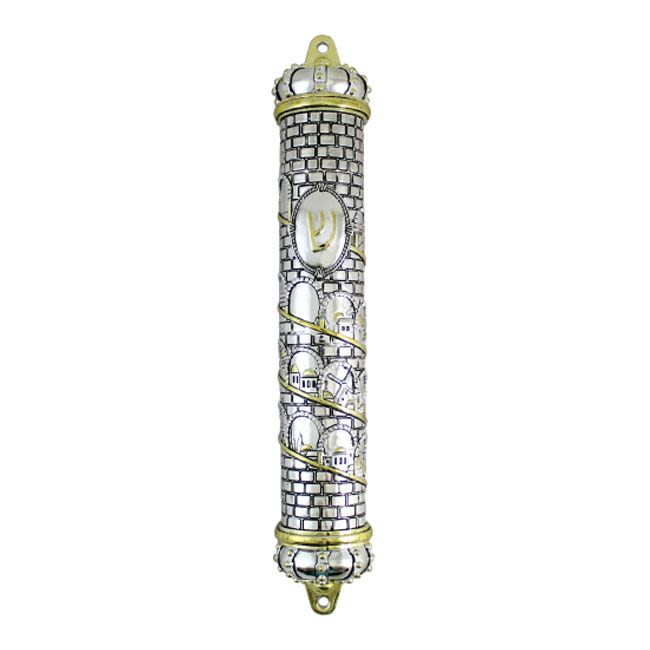


Tell us what you think!
Thank you for your comment!
It will be published after approval by the Editor.